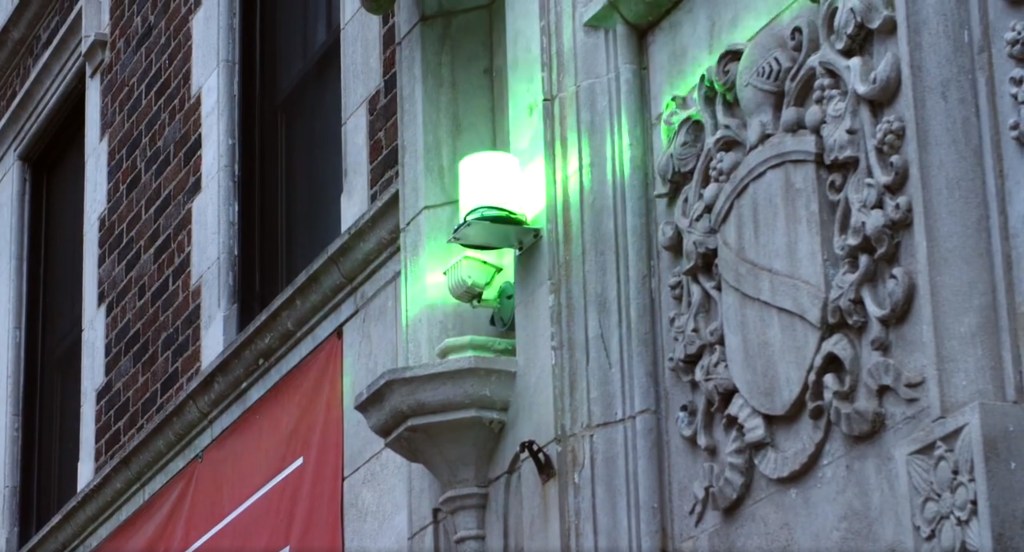Discussed in this post:
Race, Policing, and Detroit’s Project Green Light
http://esc.umich.edu/project-green-light/
Yesterday the Wayne County Prosecutor publicly apologized to the first American known to be wrongfully arrested via facial recognition algorithm: a black man arrested earlier this year by the Detroit Police.
The statement cited the unreliability of software, especially as applied to people of color. With this context in mind, some university and high school instructors teaching about technology may be interested in engaging with the Black Lives Matter protests by teaching about computing, race, policing, and surveillance.

I’m delighted that thanks to the generosity of Tawana Petty and others, The ESC Center will now publicly share a module on this topic developed for my online course on “Data Science Ethics.” You are free to make use of it in your own teaching, or you might just find the materials interesting (or shocking).
Some aspects of this case study may be surprising to you if you have not been following the news about it. Detroit is presently at the forefront of automated algorithmic surveillance in the US. There are lessons here for almost anyone.
As one example from Detroit’s system, as soon as you cross the city limit into majority-Black Detroit, property owners can pay a fee to have real-time police monitoring of INDOOR cameras that have allegedly been used for automated facial recognition in the past (that is, to use computers to routinely identify people, track their movements and/or check them for outstanding warrants, rather than to investigate a particular crime). The use of facial recognition against people who are not suspects in any crime may be continuing now, according to allegations in the most recent news reports earlier this month.
The lesson consists of a case study of Detroit’s Project Green Light, the new city-wide police surveillance system that involves automated facial recognition, real-time police monitoring, very-high-resolution imagery, cameras indoors on private property, a paid “priority” response system, a public/private partnership, and other distinctive features.

The system has allegedly been deployed to target peaceful Black Lives Matter protesters. Here is the lesson:
The lesson includes videos, readings (including yesterday’s apology), and suggested discussion questions and assessment. With some tuning, I bet this lesson is suitable for courses in:
- Information Science
- Computer Science
- Science & Technology Studies (STS)
- Information Technology
- Sociology
- Criminology
- Media Studies
- Public Policy
- Law
- Urban Planning
- Ethnic Studies
- Applied Ethics
If you know of a mailing list or forum that would reach instructors of these courses who would be interested, please feel free to forward this or the lesson URL at the top of this post: http://esc.umich.edu/project-green-light/

This lesson is offered as part of the “Emergency ESC” initiative from the Center for Ethics, Society, and Computing (ESC). If you are an instructor and you are willing to share similar material, ESC would be happy to act as a clearinghouse for these lessons and to promote them, whether or not you are affiliated with our center. Please e-mail esc-center@umich.edu to suggest or contribute. They will share selections on the “Emergency ESC” page in the future.
